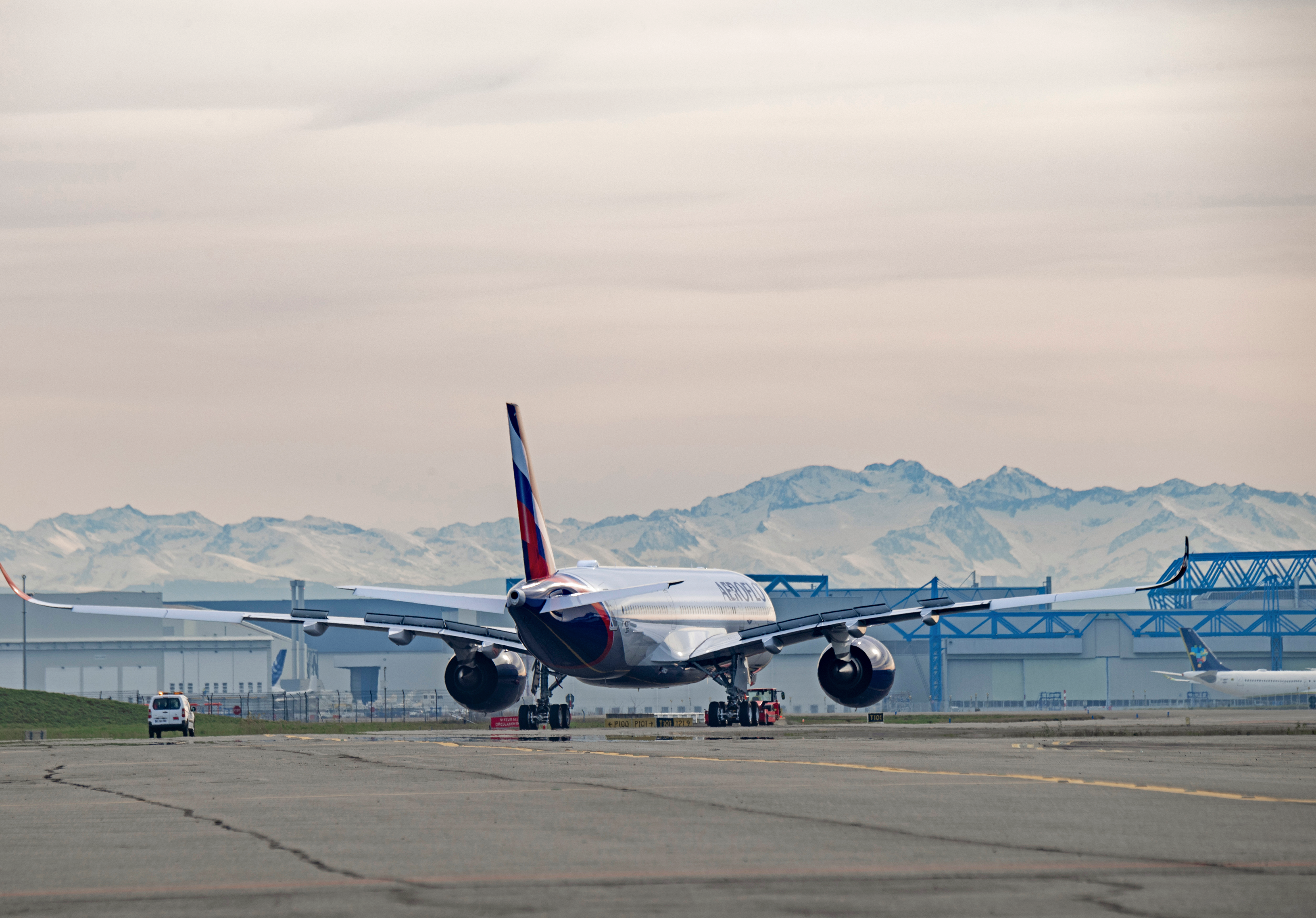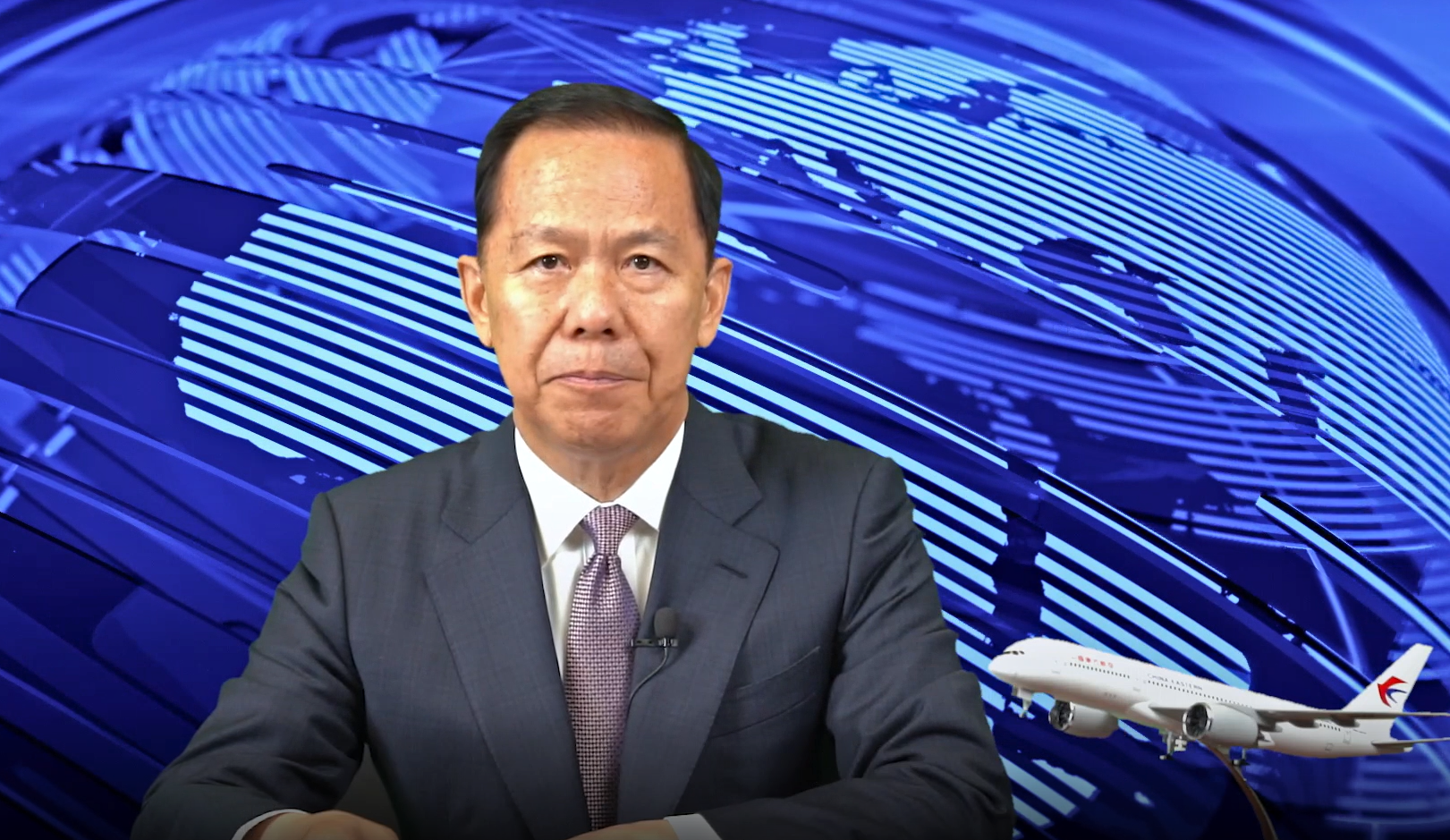Airlines from two big nations were conspicuous in their absence from IATA's annual get-together in Doha this week. While executives from China's top airlines were forced to appear via video link due to that country's ongoing travel restrictions, Russia's airlines didn't even do that - they were simply no-shows.
IATA's annual general meeting is a two-day event that draws together top management from its 290 member airlines that carry 83% of the world's passenger traffic. Twenty-nine airlines, or 10% of IATA's membership, come from mainland China. IATA has eleven member airlines based in Russia - Aeroflot, AirBridge Cargo Airlines, Nordstar, Nordwind Airlines, Pegas Fly, Rossiya Airlines, RusLine, S7 Airlines, Smartavia, Ural Airlines, and UTAir.
Ma Xulun, Chairman of China Southern Airlines, is on IATA's Board of Governors and had to skip the event in Doha, while his fellow CEO Liu Shaoyong, Chief Executive Officer of China Eastern Airlines was forced to give his speech on IATA's video conferencing channel of choice. China Eastern was due to host IATA 2022 in Shanghai until COVID-19 and the Chinese Government's response to the virus derailed the event. But China's airlines at least sent their apologies whereas Russia's airlines simply ignored the event.
No word from the Russian airlines
"None of the Russian carriers have attended," said IATA Director-General Willie Walsh. "We didn't ask them whether they were attending. Carriers have choices - it is up to them whether they attend or not. But I assume that most of the carriers took the decision that given the limitations of their ability to travel into and out of Russia, that's the principal reason that they are not here. But we didn't have any direct contact from any of the carriers about why they decided not to attend."
In a media briefing on Monday, Willie Walsh was sanguine about their absence. IATA has declined to expel the Russian airlines from the organization. Earlier in the Russia/Ukraine conflict, IATA had indicated any move to do so would have to be put to members at the annual general meeting. That meeting was held in Doha on Monday and the matter wasn't raised.
IATA wants to see the Ukrainian conflict resolved but remains apolitical
In a later briefing, Mr Walsh indicated sanctions against Russia were political issues, and he is not a politician and IATA is apolitical. Referencing the sanctions and the closure of Russian and Ukrainian airspace he said, "We'll keep doing what we do to ensure airlines can keep operating."
'I'm sure I speak for everybody when we hope that peace will be restored in Ukraine as soon as possible. Everybody wants to see peace restored in Ukraine and Ukraine able to rebuild."
The IATA Director-General did talk about the impact of the closure of that airspace on his member airlines. Except for Finnair (which is badly affected by the closure) most airlines are relatively unaffected. Willie Walsh says that's because traffic between Asia and Europe remains down on pre-pandemic levels. Further, many carriers formerly flying over Russia have fleets of modern long-range aircraft that can still fly the relevant city pairs, even if they have to dodge the closed airspace and the flight takes slightly longer - modern planes have the capacity to go the distance.
Next year's IATA annual general meeting is in Istanbul, a city still well served by flights from Russia. If the Ukrainian conflict continues, Russian airline CEOs may have an easier time flying to Turkey and IATA seems prepared to roll out the welcome mat if they do arrive. Whether the Chinese CEOs turn up will depend on the Chinese Government loosening that country's travel restrictions. But that's 12 months away and much can happen between now and then.



.png)